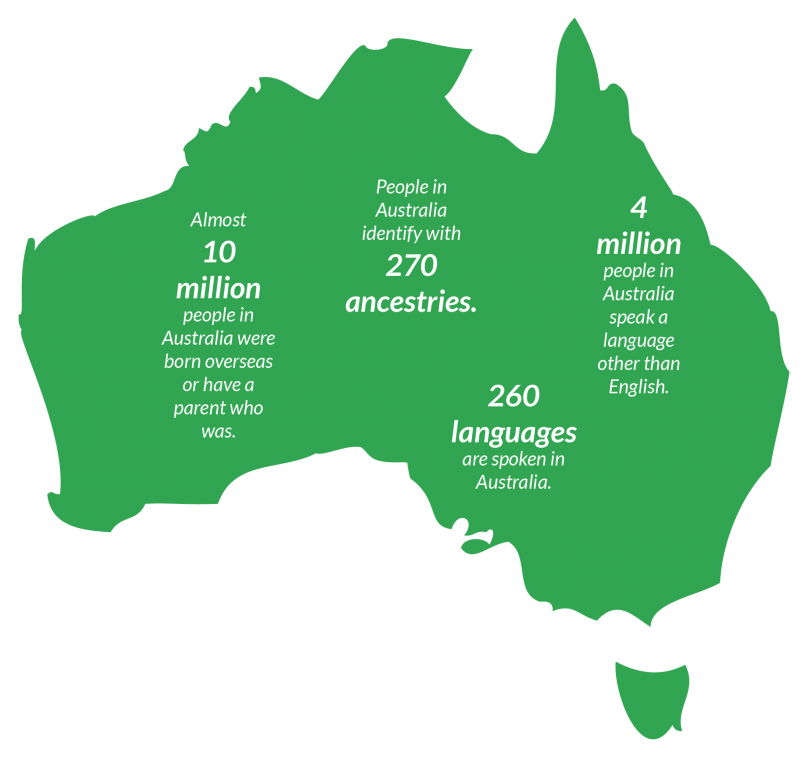
I saw an article in the Crimes today about the Speaker asking for a translation of mother tongue speeches (albeit they were only seconds long) from Elizabeth Lee MLA and Elizabeth Kikkert MLA. It reminded me of my valedictory speech when I left the Assembly and I gave a parting remark in French.
I also noted the fact that there were many candidates in the last election with foreign sounding names who missed out and missed out spectacularly. But I was heartened to see both Elizabeths elected and that they were proud of their mother tongues.
September is International Mother Language Day. Bet you don’t know where this came from.
In the 1950s the Pakistani government wanted to make Urdu the only official language across both East and West Pakistan. But the folks in East Pakistan were speaking Bangla and didn’t want to be supplanted by Urdu. In 1952 a group of Bengali students protested in Dhaka and some were shot sparking a revolution and a civil war which culminated in 1971 in the separation of East and West Pakistan into Pakistan and Bangladesh. Bangladesh is the only country in the history of the world which was created by a civil war solely based on a mother tongue being threatened with extinction.
I attended a dinner put on by the Community Language Schools Association of the ACT the other night. It celebrated another successful year teaching mother tongues to nearly 2,000 kids and young people in about 50 different schools.
Fast retreat a bit. When I travel overseas, I notice that most countries are bi- or multi-lingual. We must be one of the few countries where predominantly English is the only language spoken in business, public service, hospitality and elsewhere out of homes. And I suspect that speaking of languages other than English is a diminishing facet of family life.
In our education system nation-wide, there are two approaches. One is the education system as we know it – public and private schools teaching curricula approved and significantly funded by federal and state governments. In this system, the languages taught are the major languages of international commerce and some of the “humanities”. These are Chinese (Mandarin), French, German, Italian, Spanish, Japanese, Indonesian. Arabic and Hindi are gaining acceptance. Russian is a bit further back.

But the rest of the languages, and there are hundreds of them, including our own indigenous languages don’t get a guernsey. These languages are dying out but for the work of the community language schools in the states, which struggle for funding because successive governments don’t see the value that they can get from supporting the efforts of these schools. And they don’t accredit them within the formal education system for credit in high school years, notwithstanding the teachers often hold post graduate qualifications from advanced diplomas through Masters degrees to PhDs.
This country is supposed to be a multicultural society the envy of the world. We have huge numbers of different cultures and we encourage their display at festivals and events like Canberra’s Multicultural Festival. These festivals celebrate the uniqueness and difference which the different cultures bring to our shores. We celebrate the smells, the tastes, the music, the colour of costume. And at the end of the day we go home feeling warm and fuzzy.
But the reality is somewhat different. If we are on a bus, or at the footy, or doing the shopping, and a pair of different looking people talk to each other in a language other than English, we have a negative reaction. More often than not, we suppress that reaction but it is still there.
It doesn’t need to be so. If we embrace the notion of multi-linguality, we wouldn’t experience that surprise, that feeling of exclusion.
On another tack, the preservation of language (updated to take in the changes which occur all the time) is essential to the preservation of history. One of the ways to dominate a society, to overwhelm a society is to attack and destroy their symbols. The most significant of symbols of uniqueness is the language. It is incumbent on all of us to ensure that the multicultural make up of Oz is preserved, that we ensure an understanding of how other cultures in the world tick by understanding how these cultures communicate, how they express their humour, their distress, their joys and their hopes.
International Mother Language Day is on February 21.
How many languages do you speak comfortably, how many can you read comfortably?
Come on Canberra! Get behind the ACT Community Language Schools Association’s drive to make us multi-lingual. Check them out at https://www.facebook.com/ACT-Community-Language-Schools-Association-191666254270067/.
But I do need to say that 4 million of our 26 million people speak a language other than English at home. I just don’t think it is enough.













